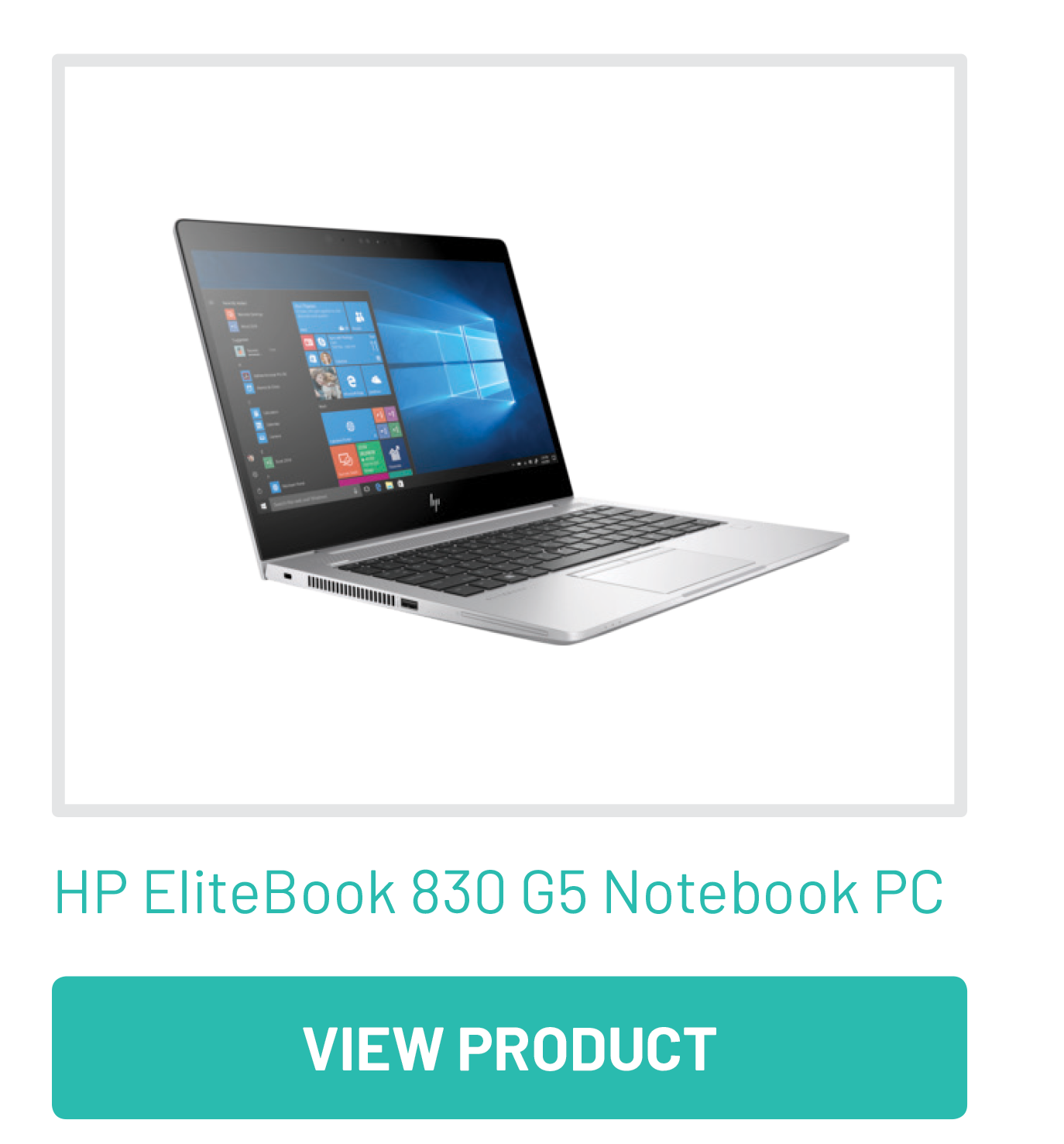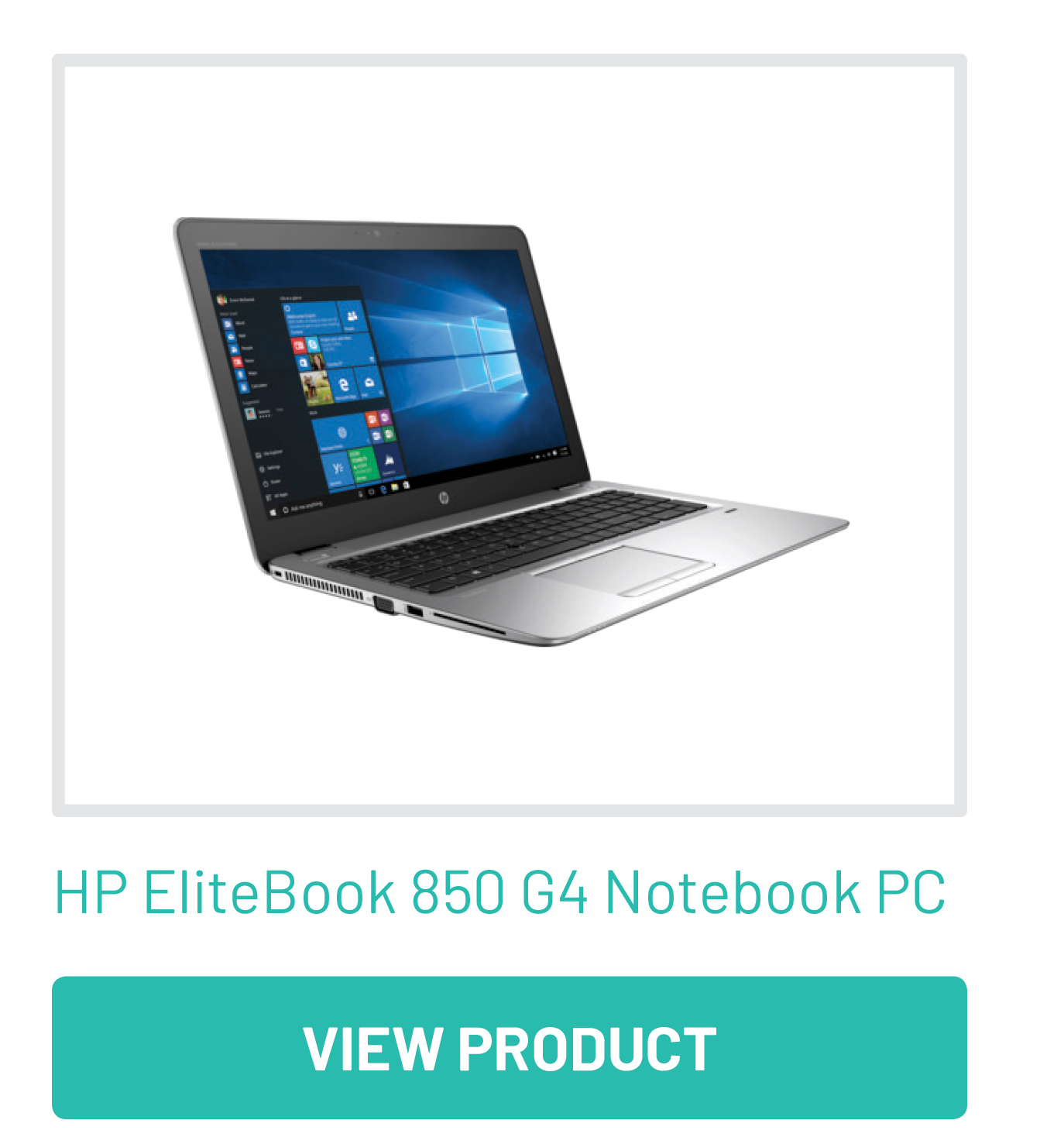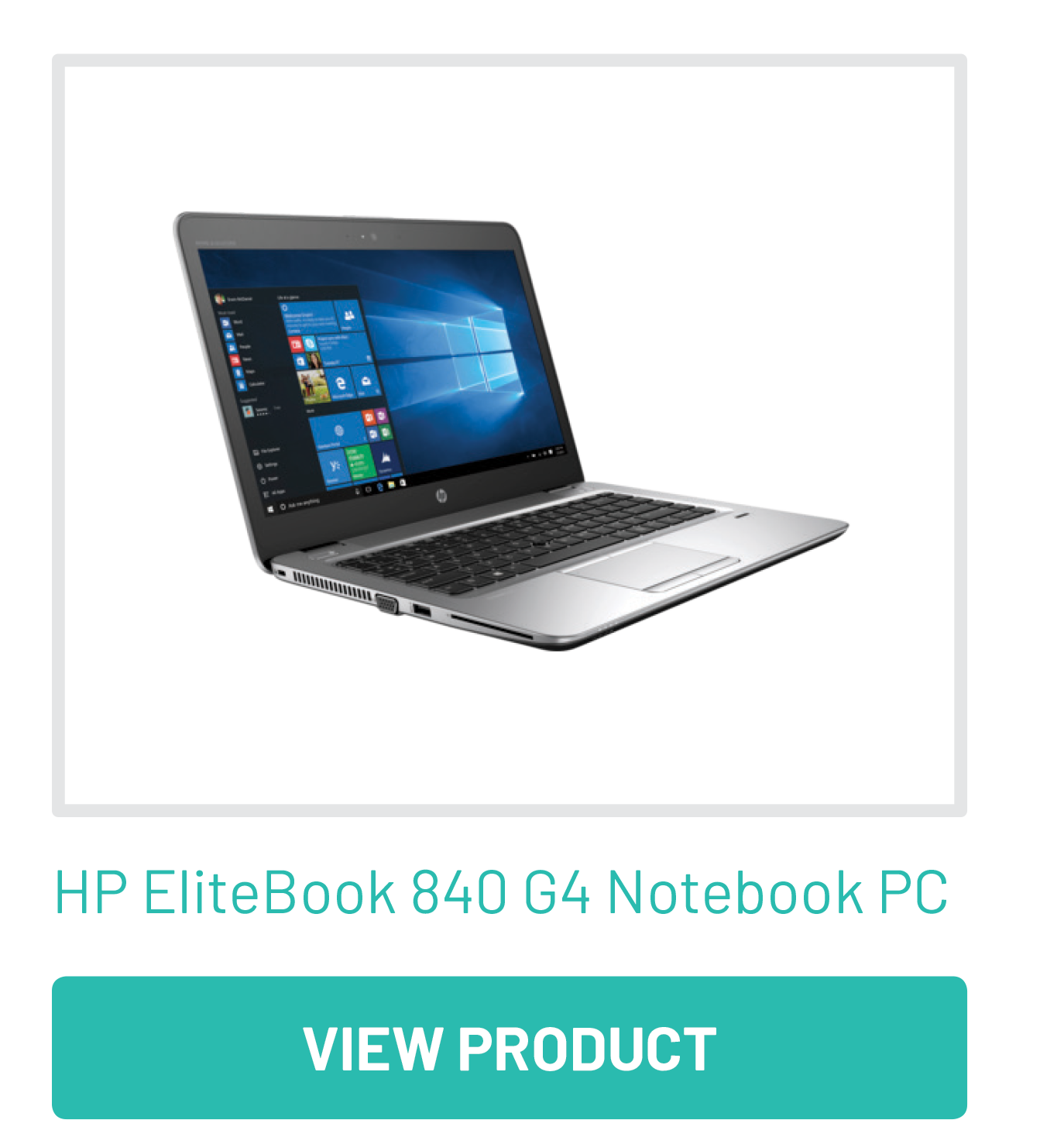
When Should You Repair or Replace Your Laptop?
Wed Oct 10, 2018 | DIGITEX
We’ve all seen the sad sight of an employee trying to recover files from a laptop that no longer functions. We may have experienced it ourselves and know the sinking feeling that there is information on it that does not exist anywhere else. Instead of getting on with their workday, energy is often spent taking the device to a repair depot in hopes of carefully extracting those files from a hard drive that no longer wants to spin around. There’s a better way!
Did you know, that at any given time there are over 800 different laptops for sale? The prices range from $179 to over $6,000.
You can never eliminate device failure. Laptops are not waterproof, they are not shock-resistant, and well, things just break down over time. Still, you can reduce both the frequency of device breakdown, as well as the impact of hardware failure on your employee productivity, and your business. Here’s a good checklist to use when making a hardware decision.
1. Pay attention to the brand.
We like products like Lenovo and HP. Even then, most brands have a good/better/best model. The HP Elitebook and ZBook are higher-end, where Pavillion and ProBooks are lower-end, less expensive products.
2. Processor.
All too often people overspend on the processor. Unless your users are editing video or graphics, they don’t need i7 Quad-Core processors. An i5 processor is plenty fast for the typical business user.
3. Memory.
RAM has always been an issue and a bottleneck. A minimum of 8GB RAM, but ideally 16GB, is worth the extra $100 or so per model.
4. Hard Drive.
Most people are migrating toward a solid-state drive (SSD) vs. an optical drive. Optical drives are larger but slower, and they are more prone to breaking down since they are a spinning disk.
5. A smaller memory is actually not a bad thing.
You want to discourage employees from keeping everything on their system without backing it up. Microsoft 365 and G Suite (Google) users are often defaulted to cloud storage. If you have a centralized document management repository, GREAT, but many small businesses do not. If you do not, you should encourage users to use cloud storage. If done properly, it is much more secure and accessible than keeping secure documents on a laptop.
6. Battery life.
All manufacturers fib about their battery life, but I would not buy a device that lists a battery life of less than 8 hours.

Plan to replace your laptops every three years. Yes, that sounds aggressive, but look at the big picture. If you budget $1800 for a solid, upper mid-range device, that comes out to about $3 per workday. It’s true that some laptops can last 7 or 8 years, and some users are much easier on their possessions than others (think cars, bikes etc.) but what you are trying to avoid are expensive part replacements and emergency break-fix issues. Batteries do deteriorate quickly after two years of use. Connection cables wear down, keyboards and other components fail as well. In my experience, these components have ridiculous replacement costs and mitigate any savings that keeping a device longer may have provided. If you decided to stretch the replacement to four years, that $1800 laptop would cost about $2 per day. You are assigning a risk to the extra $1 per day—but the risk may outweigh the reward in this example.
Forcing users to migrate hardware regularly, also reinforces good behaviour. Employees that keep hardware longer tend to store much more data on those devices. If they know they will get a regular upgrade, they will tend to store information “in the cloud” and therefore, are actually more prepared for sudden emergencies like a stolen or broken laptop.

There is a value in selling off used assets, especially if they are newer, and were higher-end devices to begin with. You should weigh this against the security issues you may have with the potential of any stored data on the hard drive, that could compromise your business and your customers' data. Digitex can offer disposal services and certificates of destruction to help ensure your data does not fall into the wrong hands. Recycling these devices properly will also help to maintain the environment, as laptops are full of dangerous materials that should never end up in a landfill.

Buying laptops for your employees can be an expensive proposition, and often that leads to companies buying lower-end devices, and keeping them longer—which leads to many of the issues we’ve discussed here. Digitex can help bundle these devices into a low monthly payment that will help keep your employees efficient, and your cash flow predictable.
Featured Laptops
Subscribe to Our Blog
Enter your email address to subscribe to this blog and receive notifications of new posts by email.




